Last month GOOD and Cole Haan partnered to challenge you all with the latest Doodle project, "Doodle Something Good in the World." Submissions ranged from very personal views on the world, to topical news that everyone could related to.
As a reminder, our panel of judges included me, members of GOOD's editorial department, and Cole Haan, and the group was tasked with picking the top three illustrations. All three winners were eligible to receive a GOOD T-Shirt and Cole Haan gift certificates ($500 for first prize, $250 for second, and $100 for third).
We're pleased to announce the three winners this round are Tobie Roach, Dominic Abbate and Jisoo Kang. Please see their amazing work below.
We received hundreds of submissions this round and are extremely appreciative of everyone's contributions. Please do scroll through a few of the top doodles above. They're fantastic.






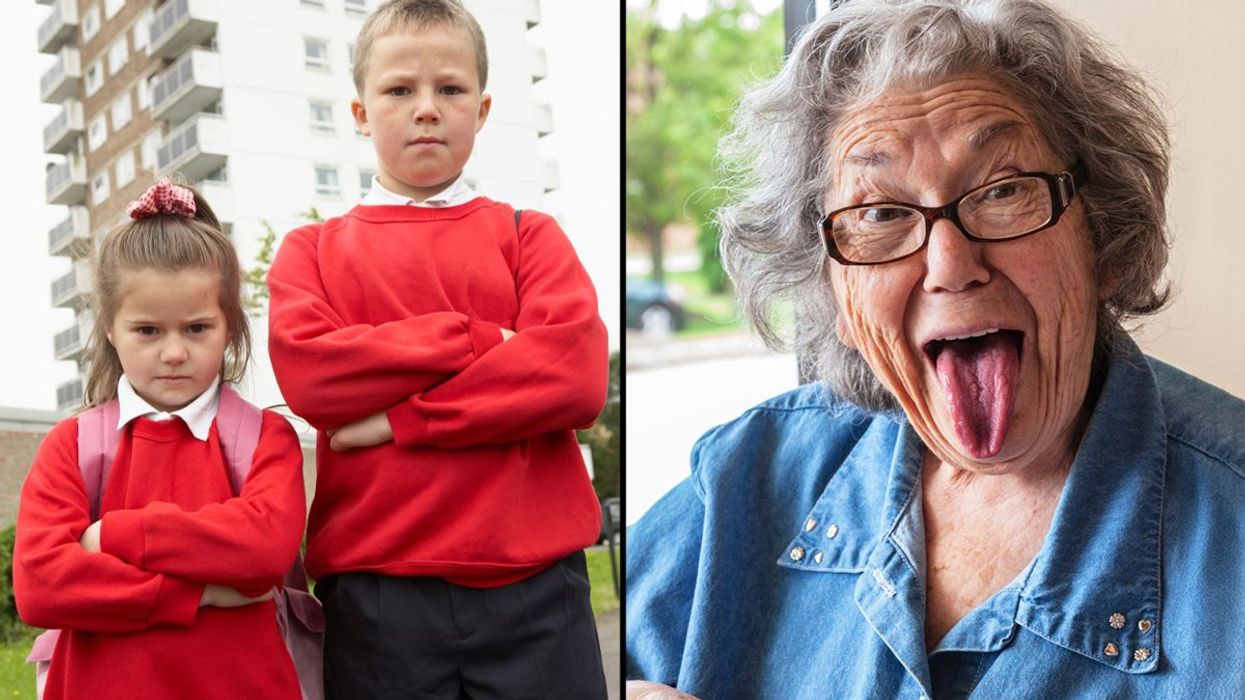







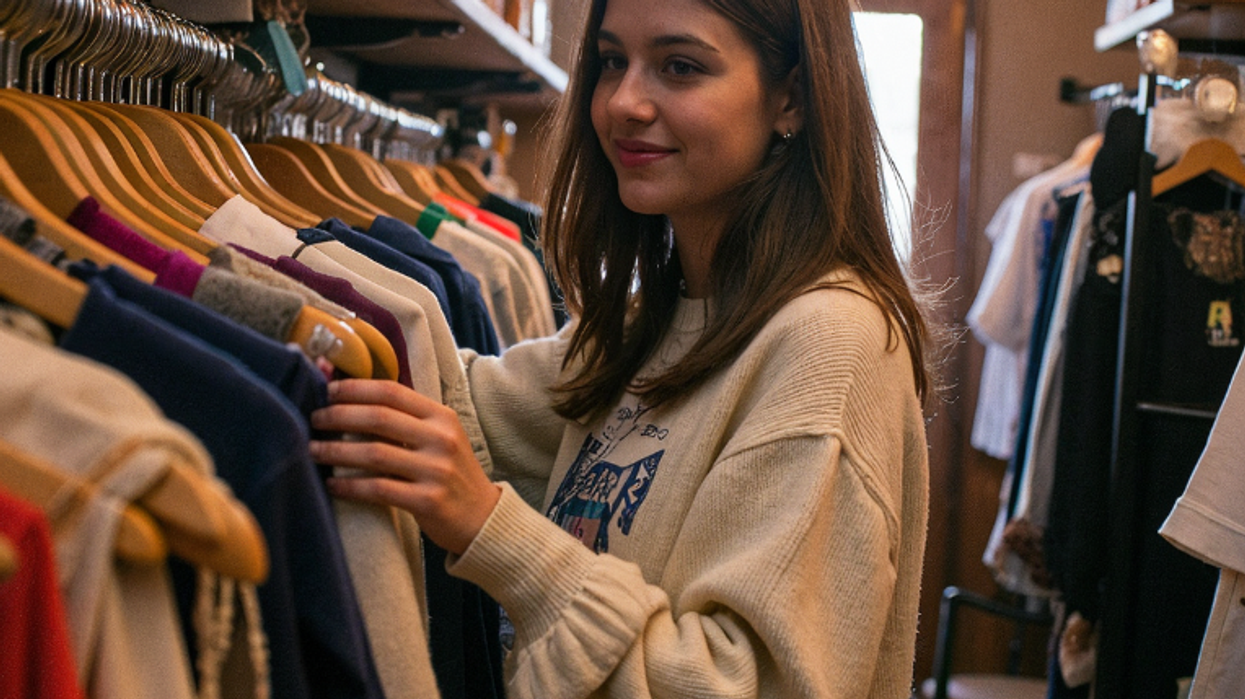

 Janitor mops a hallwayCanva
Janitor mops a hallwayCanva A group of volunteers clean up trash from a fieldCanva
A group of volunteers clean up trash from a fieldCanva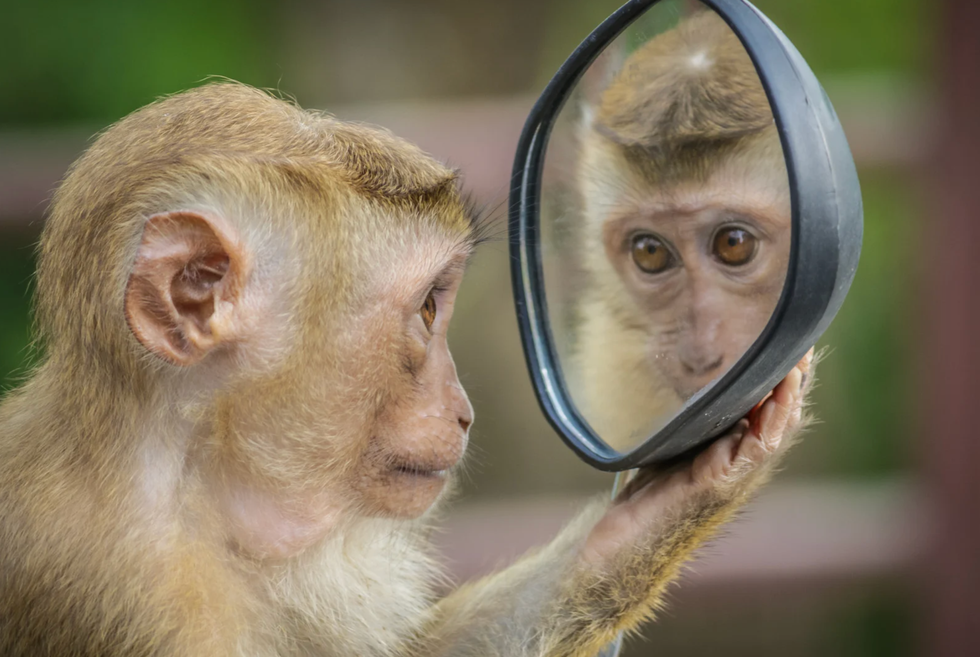 A monkey looks at its reflection in a mirrorCanva
A monkey looks at its reflection in a mirrorCanva A happy woman holds up a smiley face balloonCanva
A happy woman holds up a smiley face balloonCanva
 Father talks with son.Image via
Father talks with son.Image via  Dad and son sit on the floor flexing muscles.Image via
Dad and son sit on the floor flexing muscles.Image via 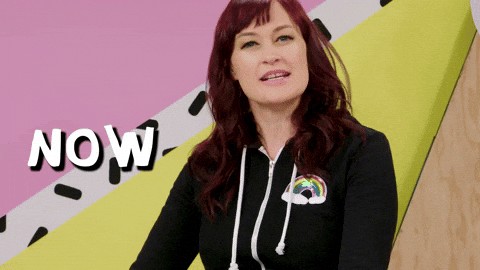 "Now I'm intrigued."
"Now I'm intrigued."  Celebrate the wins.Image via
Celebrate the wins.Image via  Surprised and happy mother.Image via
Surprised and happy mother.Image via 
 A woman feeling under the weather lies in bedCanva
A woman feeling under the weather lies in bedCanva A Carbon monoxide alarmCanva
A Carbon monoxide alarmCanva A happy woman sips from a coffee mugCanva
A happy woman sips from a coffee mugCanva
 Woman applies deodorantCanva
Woman applies deodorantCanva  Newlywed leaving the receptionCanva
Newlywed leaving the receptionCanva  A hand reaches out to touch a smart appliance on the wallCanva
A hand reaches out to touch a smart appliance on the wallCanva A woman shows off her engagement ringCanva
A woman shows off her engagement ringCanva  A wreath made of flowers sits on displayCanva
A wreath made of flowers sits on displayCanva A collection of supplementsCanva
A collection of supplementsCanva
 An elderly man walks down an icy roadCanva
An elderly man walks down an icy roadCanva  An elderly man grilling at a partyCanva
An elderly man grilling at a partyCanva
 Two people enjoying a walk through the woods
Two people enjoying a walk through the woods A woman pets her dogCanva
A woman pets her dogCanva  A woman stands in front of a window listening to musicCanva
A woman stands in front of a window listening to musicCanva A group of people sit around a circle talkingCanva
A group of people sit around a circle talkingCanva A woman sleeping in bedCanva
A woman sleeping in bedCanva
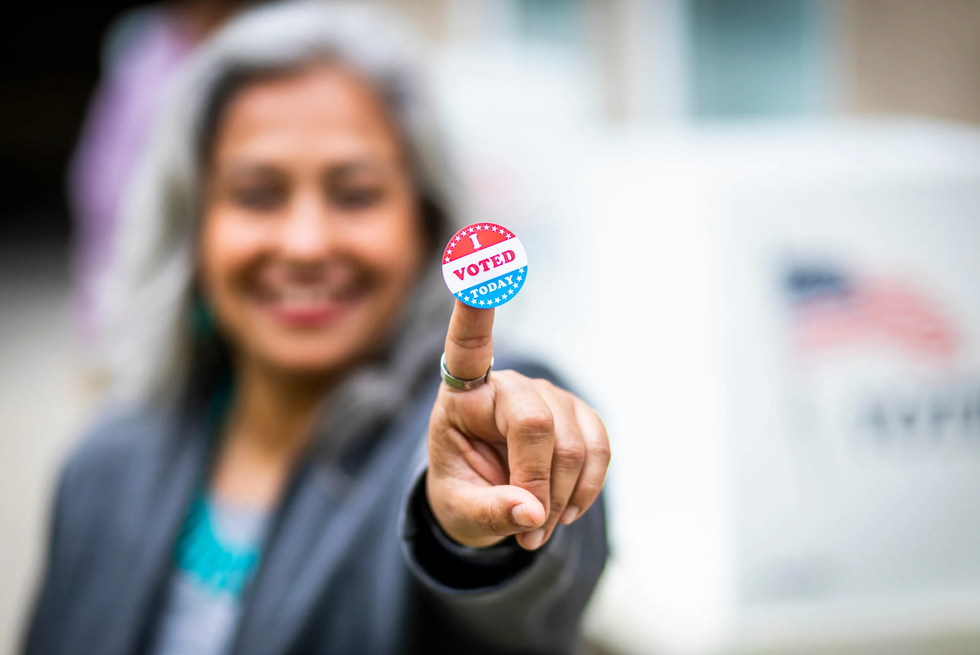 Woman proudly displays an "I Voted" stickerCanva
Woman proudly displays an "I Voted" stickerCanva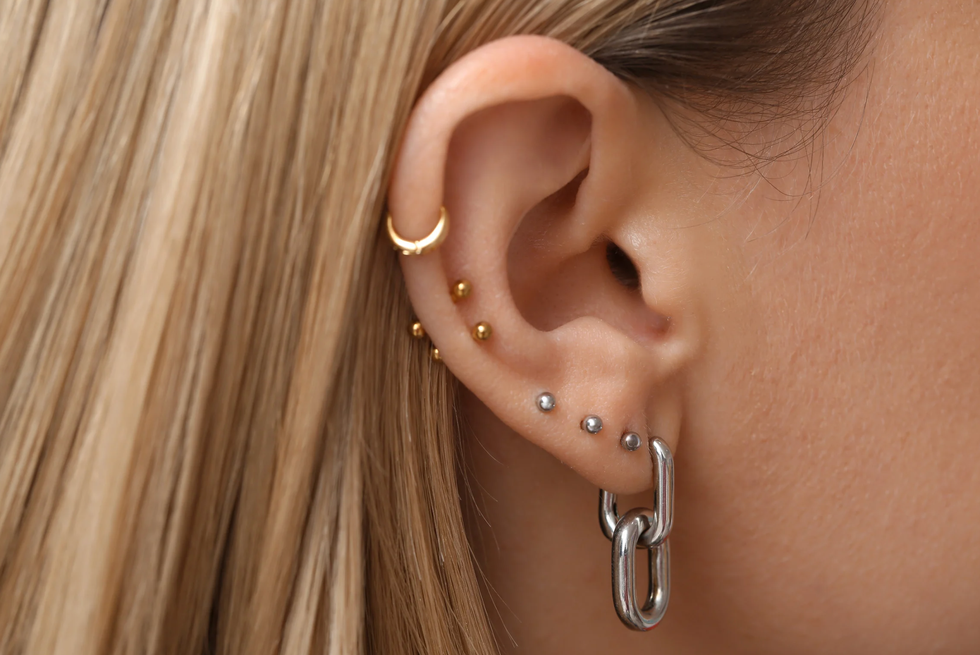 A woman's ear with multiple piercingsCanva
A woman's ear with multiple piercingsCanva A woman takes a bit out of a huge strawberry cakeCanva
A woman takes a bit out of a huge strawberry cakeCanva The back of a woman's head with silver hair. Canva
The back of a woman's head with silver hair. Canva A woman watches the sunset from her carCanva
A woman watches the sunset from her carCanva A nurse holds a clipboard in a hospital hallwayCanva
A nurse holds a clipboard in a hospital hallwayCanva A heavily-tattooed woman holds a mug of coffeeCanva
A heavily-tattooed woman holds a mug of coffeeCanva
Problematic homework question
A student’s brilliant homework answer outsmarted her teacher's ridiculously sexist question
From an early age, children absorb societal norms—including gender stereotypes. But one sharp 8-year-old from Birmingham, England, challenged a sexist homework question designed to reinforce outdated ideas.
An English teacher created a word puzzle with clues containing “UR.” One prompt read “Hospital Lady,” expecting students to answer “nurse.”
While most did, Yasmine wrote “surgeon”—a perfectly valid answer. Her father, Robert Sutcliffe, shared the incident on X (formerly Twitter), revealing the teacher had scribbled “or nurse” beside Yasmine’s response, revealing the biased expectation.
For Yasmine, the answer was obvious: both her parents are surgeons. Her perspective proves how representation shapes ambition. If children only see women as nurses, they internalize limits. But when they witness diversity—like female surgeons—they envision broader possibilities.
As Rebecca Brand noted in The Guardian: “Their developing minds are that little bit more unquestioning about what they see and hear on their screens. What message are we giving those impressionable minds about women? And how might we be cutting the ambitions of little girls short before they've even had the chance to develop properly?”
X users praised Yasmine while critiquing the question. Such subtle conditioning reinforces stereotypes early. Research confirms this: a study found children as young as four associate jobs with gender, with girls choosing “feminine” roles (e.g., nursing) and boys opting for “masculine” ones (e.g., engineering).
Even preschoolers avoided careers misaligned with their gender, proving sexist conditioning begins startlingly young.
- YouTube www.youtube.com
The problem spans globally. Data from 50 countries reveals that by age 15, girls disproportionately abandon math and science, while boys avoid caregiving fields like teaching and nursing. This segregation perpetuates stereotypes—women are underrepresented in STEM, and men in caregiving roles—creating a cycle that limits both genders.
- YouTube www.youtube.com
This article originally appeared last year.